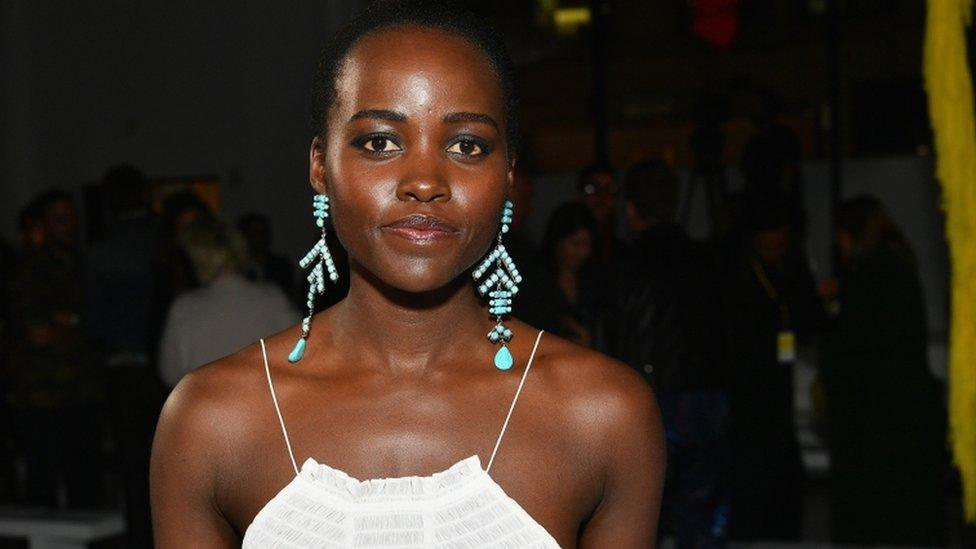'We want people to be proud of their blackness'
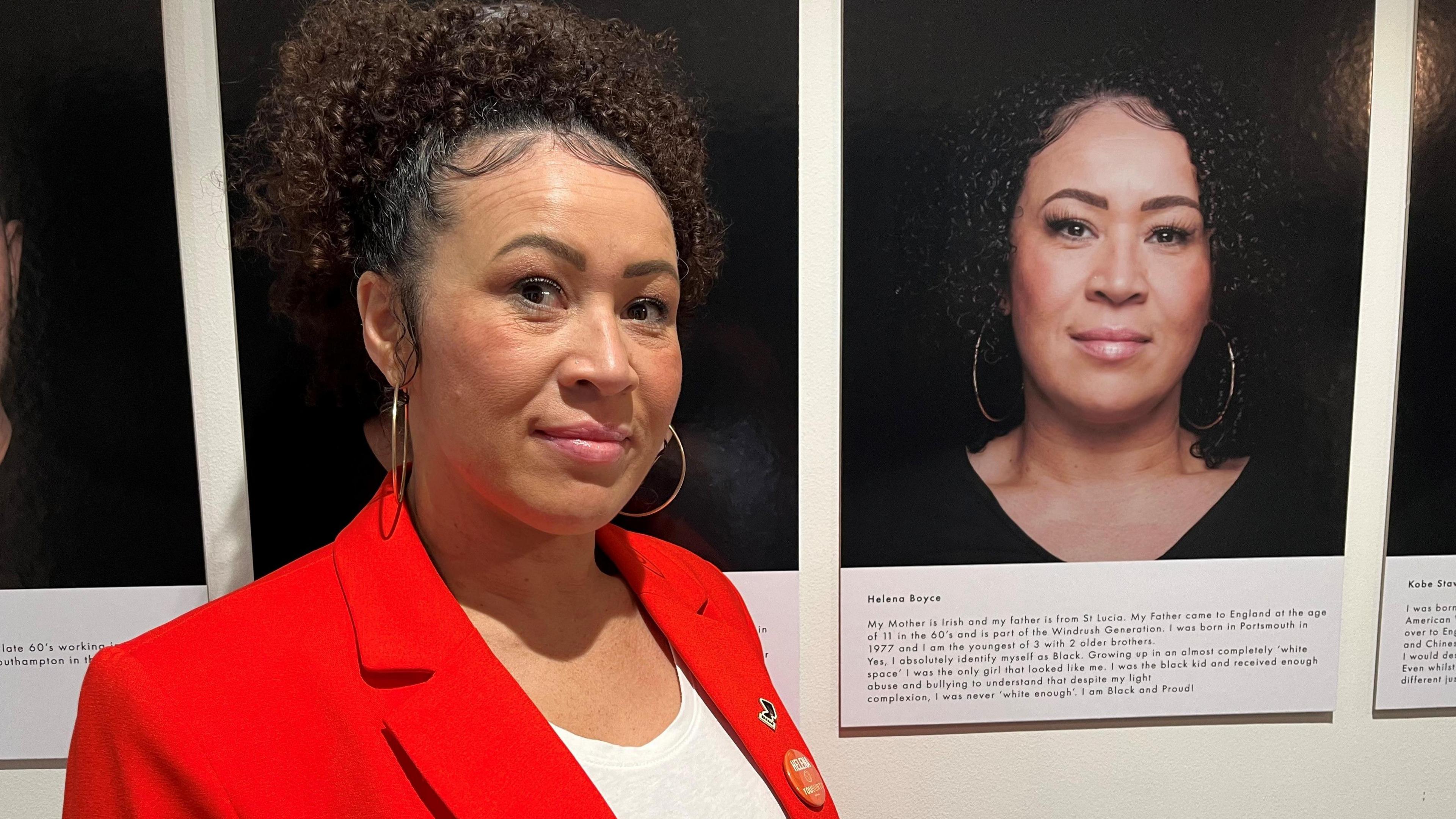
Helena Boyce features in the exhibition
- Published
Portraits are being displayed around a city to celebrate and understand the impact of black heritage and culture.
The exhibition titled A Study in Colourism is taking place in Southampton, Hampshire, as part of Black History Month 2024.
Colourism is prejudice against people who have a darker skin tone or the preferential treatment of those who are of the same race but lighter-skinned.
Don John, a local resident who curated the exhibition, said more discussion and awareness about the issue of colourism was "crucial".
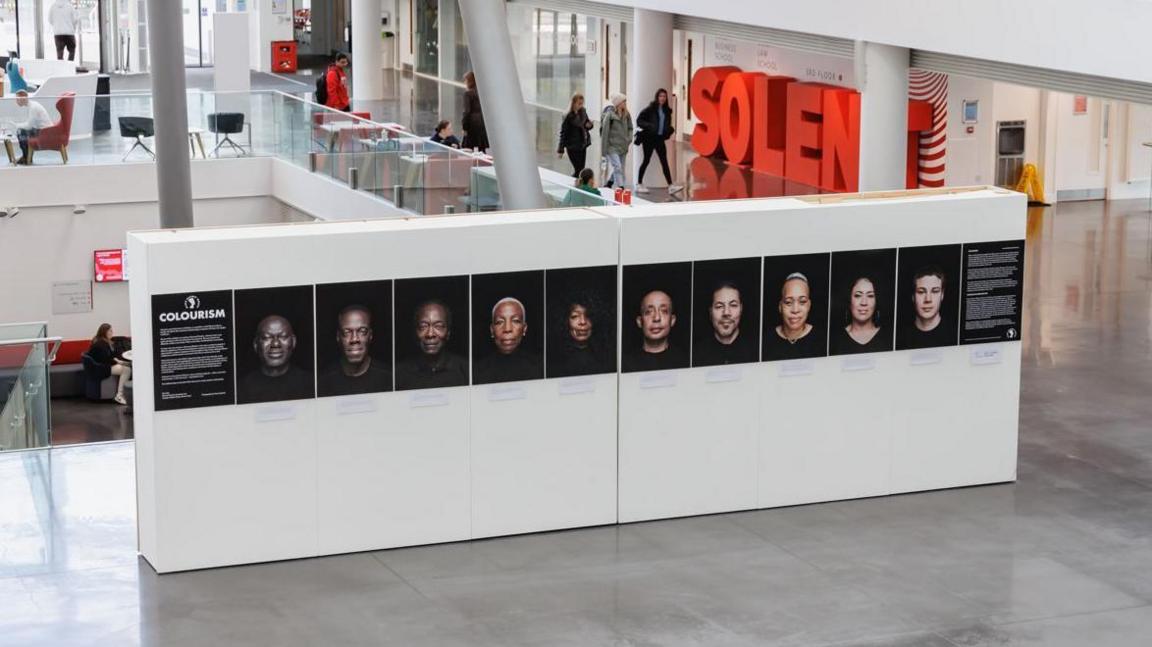
An exhibition is taking place across the city as part of Black History Month 2024
Helena Boyce, 46, whose portrait is among those on display, is mixed race and said she believes having lighter skin has afforded her a "certain level of privilege".
She said: "I am under no illusion that I benefit at times, that’s a fact.
"Because I can slick back my hair into a bun, because my skin is so light, because I can somewhat fade under the radar in some scenarios to not stand out too much for the comfort of others. I think we are way past that now and that has to stop."
Supported by Arts Council England, the exhibition features photos of 10 black people of varying complexions who share their personal experiences.
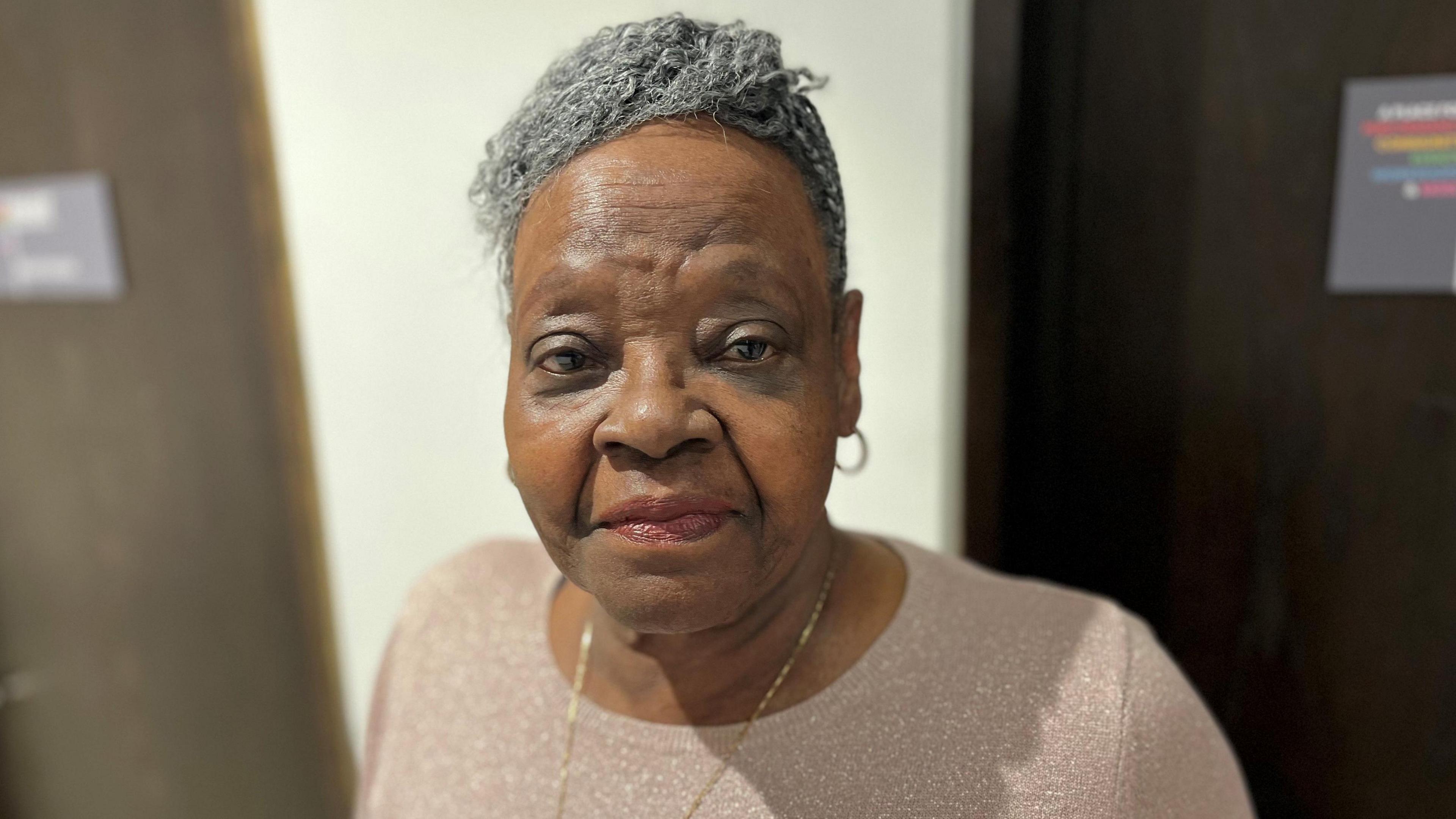
Vilma Scott has also taken part in the exhibition
Vilma Scott, 82, came to the UK from Jamaica in the 1960s.
"Even in my own country I found if there was a family with four or five children and there was one lighter than the others, that one was preferred," she said.
Ms Scott added: "So, it was not such a surprise when I came here and somebody would say that 'your skin is a bit dark, do you ever do anything to make your skin better?'. I said 'no'."
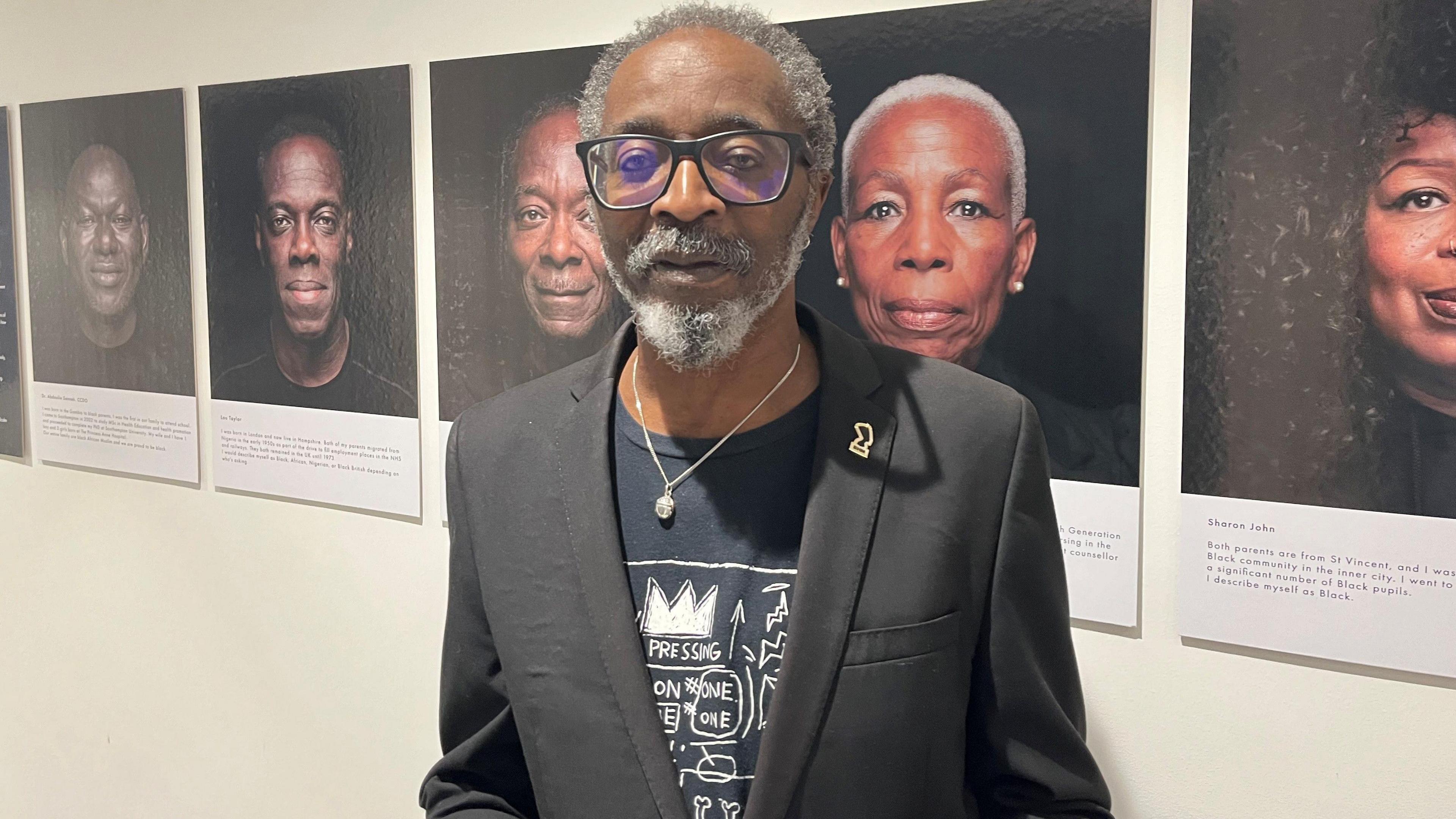
Don John curated and directed the exhibition
Southampton resident Mr John said: “Colourism is the belief that the lighter skin you have, and the closer to whiteness you are, the better life chances you may have and, therefore, there are a lot of prejudices about being darker skin or being lighter skin in black and brown communities."
He added that "back in the day", young girls would use bleach on their skin to try to lighten it.
"They don’t use bleach today but there are certainly girls who think their skins are too dark so they scrub themselves hoping to make their skins lighter or they wash more than perhaps they normally would do," he said.
Ms Boyce said she thought things "have come a long way".
"If you take the beauty industry, for example, in the last decade we have different shades of foundation etc, but there is that residue that you’re not good enough if you have darker skin," she said.
"We want people to be proud of their blackness full stop, however much percentage you have in the glass, it doesn’t matter."
The portraits are being shown in locations across Southampton, including The Mast Mayflower Studios and Solent University.
BBC Reporter reporter Abigail Busenze-Balagadde shares her definition of colourism.
Get in touch
Do you have a story BBC Hampshire & Isle of Wight should cover?
You can follow BBC Hampshire & Isle of Wight on Facebook, external, X (Twitter), external, or Instagram, external.
See also
- Published3 October 2023
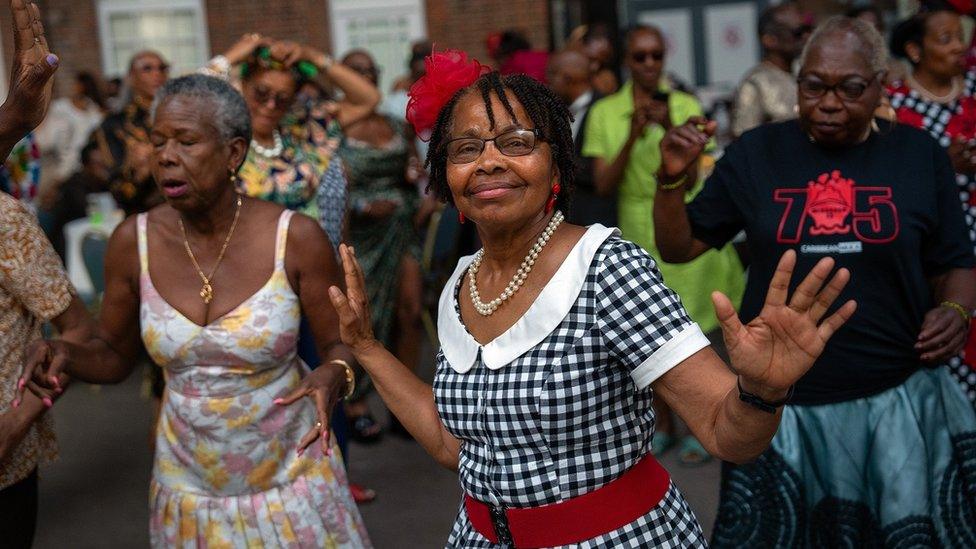
- Published8 October 2019
